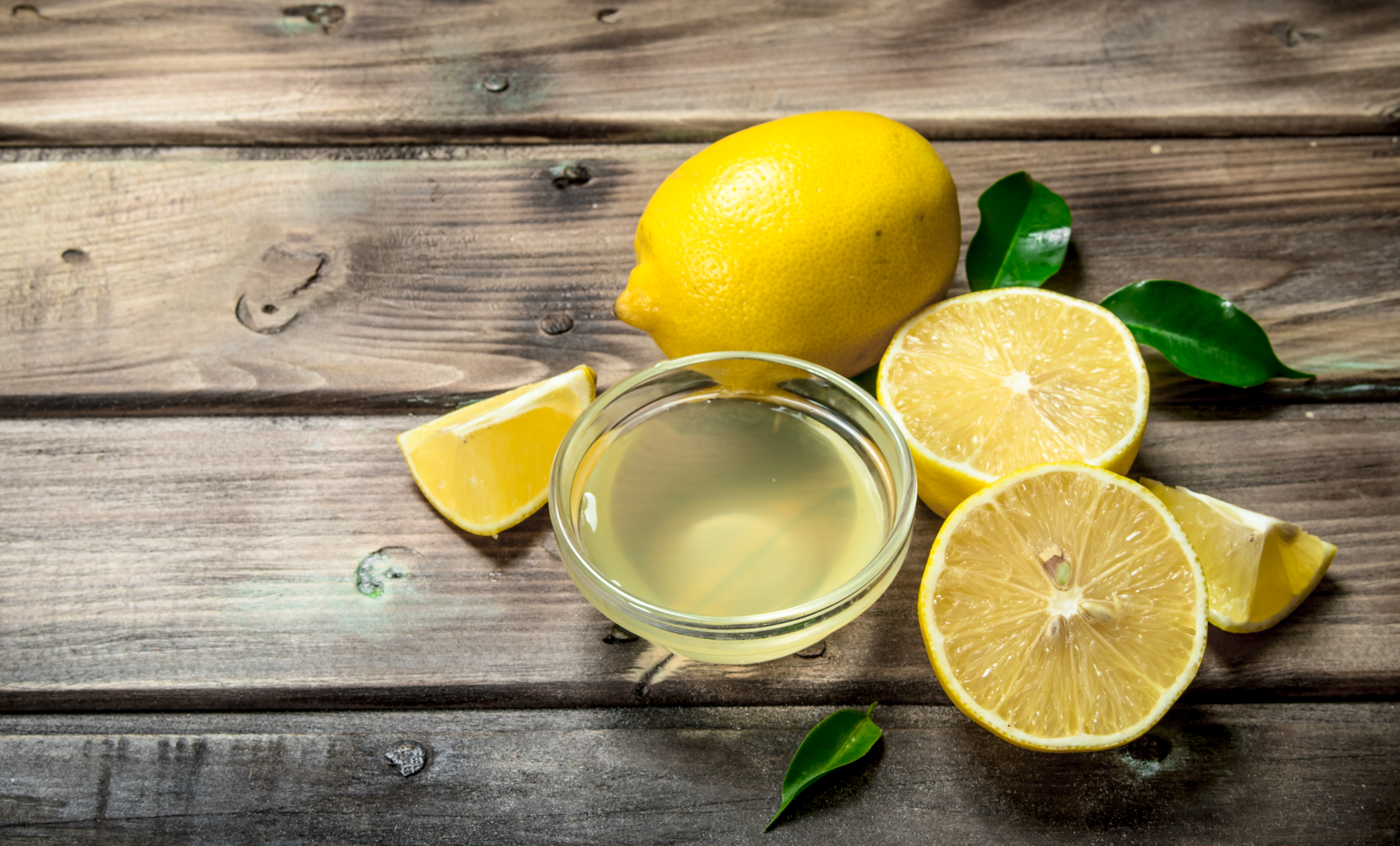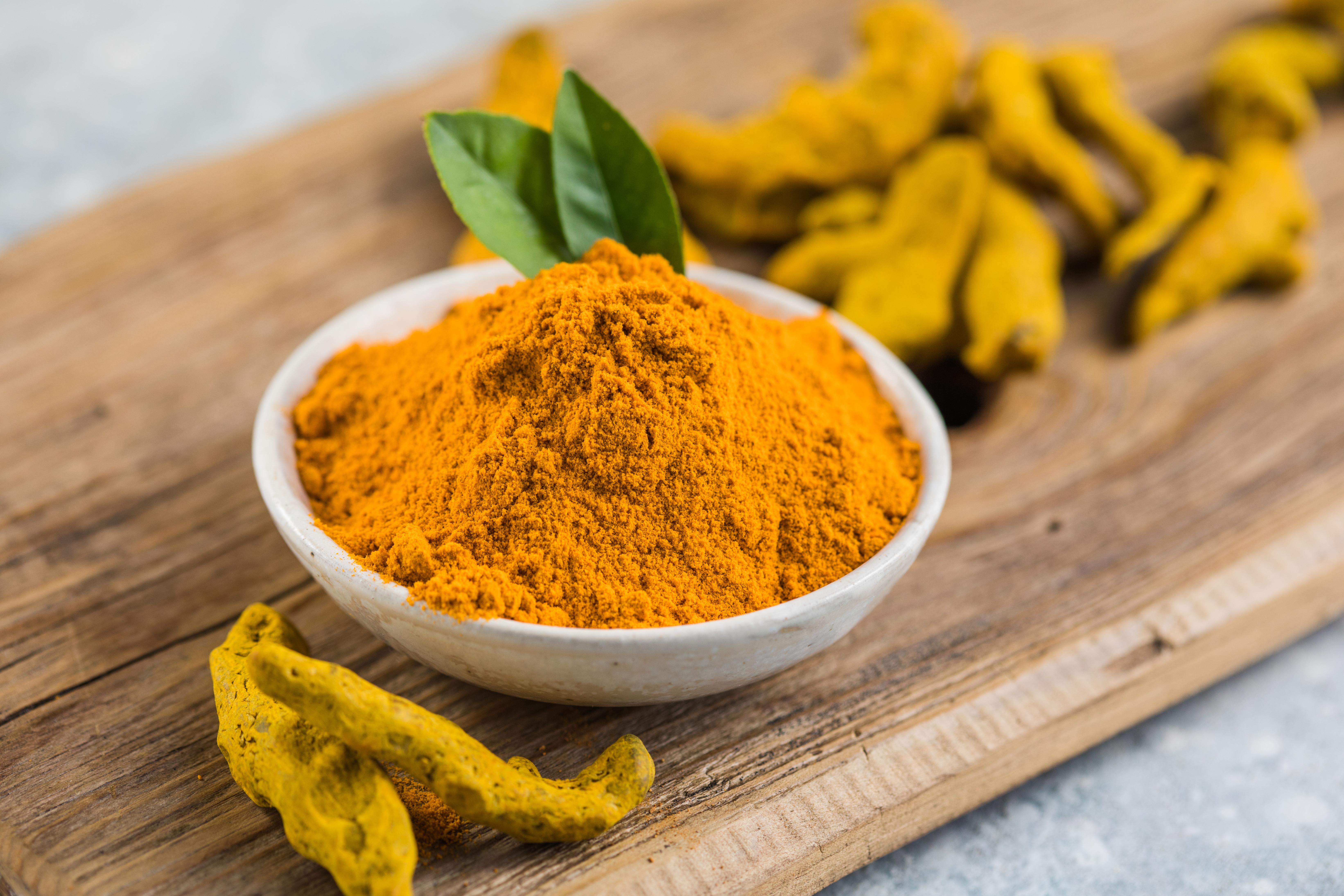Common Cooking Mistakes That Destroy Your Food’s Nutrients
7. The Effect of Acidity on Nutrient Stability

Acidity can play a beneficial role in nutrient preservation during cooking. Acidic ingredients, such as vinegar, lemon juice, or tomatoes, can help stabilize certain vitamins and enhance their absorption. For example, adding a splash of lemon juice to a vegetable dish can help preserve Vitamin C content and improve the bioavailability of iron. Similarly, marinating meats in acidic solutions can tenderize the protein and reduce the formation of harmful compounds during cooking. By incorporating acidic ingredients into your cooking, you can enhance both the flavor and nutritional value of your meals.
8. The Benefits of Cooking with Herbs and Spices

Herbs and spices are not only flavor enhancers but also potent sources of antioxidants and other beneficial compounds. Incorporating a variety of herbs and spices into your cooking can boost the nutritional profile of your meals while reducing the need for added salt and sugar. For example, turmeric contains curcumin, a powerful anti-inflammatory compound, while garlic is rich in allicin, known for its immune-boosting properties. By experimenting with different combinations of herbs and spices, you can create flavorful dishes that are both healthful and satisfying.
